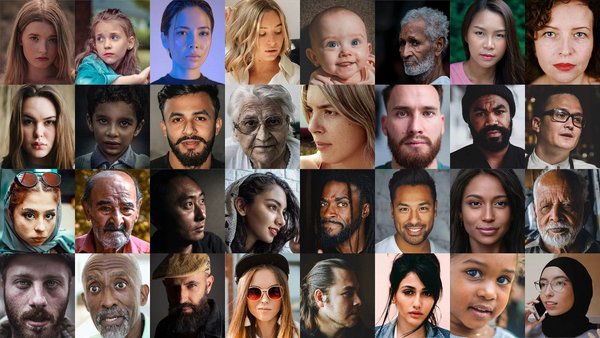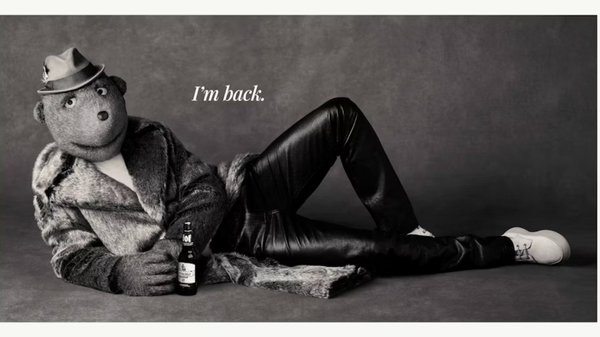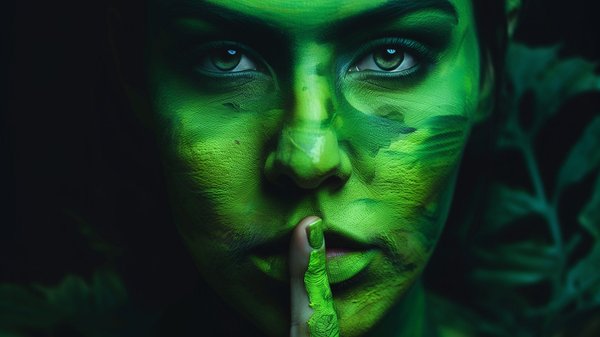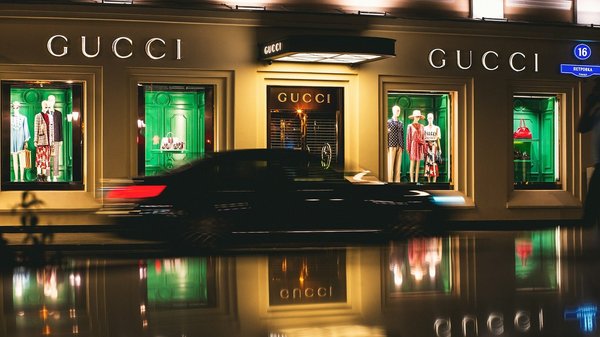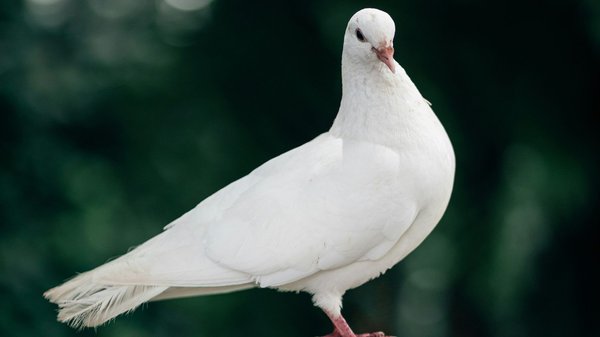Black Twitter as the driving force of the internet, and why advertisers need to engage /
Hannah Markus, a senior writer at We Are Social, on why brands must pay attention to the community at the root of social conversation

It’s old news that advertisers are obsessed with social. Hashtag campaigns, slick community management, and influencer marketing are what’s getting everyone talking. The problem is that most advertisers don’t understand the roots of social conversation, which is non-negotiable if you want to be able to create great and meaningful work. Advertisers need to start paying attention to the community that is at those roots – Black Twitter.
Black Twitter is a community on Twitter comprising people from the Black diaspora, including intellectuals, influencers, celebrities, and regular folk. These people are using the platform to discuss issues specific to the culture, from shared experiences (#GrowingUpBlack), activism (#BlackLivesMatter), and community and support (#BlackExcellence).
Hannah Markus, We Are Social
While Black American Twitter has a huge influence over the diaspora, Black British Twitter doesn’t exist separately. For Black people, supporting each other and their issues online goes beyond geographical spaces.
What advertisers need to understand about Black Twitter is threefold - its cultural, commercial, and creative impact.
Black culture has always driven popular culture, from music to street language to style, and much more in between. Now, it’s the propeller of internet culture, too. When talking about words such as “on fleek”, or “fam”, or “sis”, or “squad” (to name a few), most of the slang populating the internet originated in Black culture and Ebonics. It might be “internet slang” now, but if brands want to use the language of the internet, they have to know where that language comes from, then ascertain if and how it’s appropriate for their consumer base and their brand identity.
Similarly, memes have become a universal way of communicating online, with references seeping into our collective consciousness in much the same way as quoting Friends. The most prominent viral memes almost always come from Black Twitter, and while it might seem odd that the ‘waves and airpods’ meme made its way into the mainstream when it’s such a specifically Black reference, it’s clear that the desire to be involved with Black Twitter and its repartee surpasses race and the experiences that come with it. However, this too needs to be caveated. If advertisers don’t understand where a meme has come from they run the risk of using it out of context and at best seeming inauthentic and cringe-worthy, at worst, offensive.

It’s no surprise that Black Twitter is such a stronghold for activism within the community. For Black people, finding a universal way of communicating is a way of surviving. What used to take place in barbershops, neighbours’ porches, cafes and restaurants has now spread into online spaces.
Twitter is a way for Black people to control the narrative of their stories away from the prejudices of the mainstream media and to call attention to the issues that matter to them. Through viral hashtags, such as #BlackLivesMatter, #WindrushGeneration, #OscarsSoWhite, #TakeTheKnee, Black Twitter has consistently birthed massive social and political movements, while memes like #PermitPatty and #BBQBecky brought wider attention to the everyday struggles of #LivingWhileBlack. Black Twitter has become a news source in and of itself, funneling into mainstream news channels and shaping narratives around politics and culture.
In 2018, Black British consumers were collectively worth £30 billion, while Black Americans represented $1.2 trillion in spending power. With the growing purchasing power of Black communities in both countries, and Black Twitter being one of the places that influences where and why Black consumers spend their money, it’s vital that brands are tapped into that conversation and know how to place themselves within it.
Nike sales increased by 31% after the brand bet on Black with its Colin Kaepernick campaign off the back of the #TakeTheKnee movement. The power of Black Twitter made ‘Black Panther’ the most tweeted about film of 2018, and managed to turn (arguably) mediocre events like Netflix’s ‘Bird Box’ into huge cultural phenomena.‘Game of Thrones’ Season 8 was the worst received season in terms of reviews, but it was also the most-watched in the show’s history, thanks, in part, to Black Twitter’s incessantly entertaining conversations around the show.
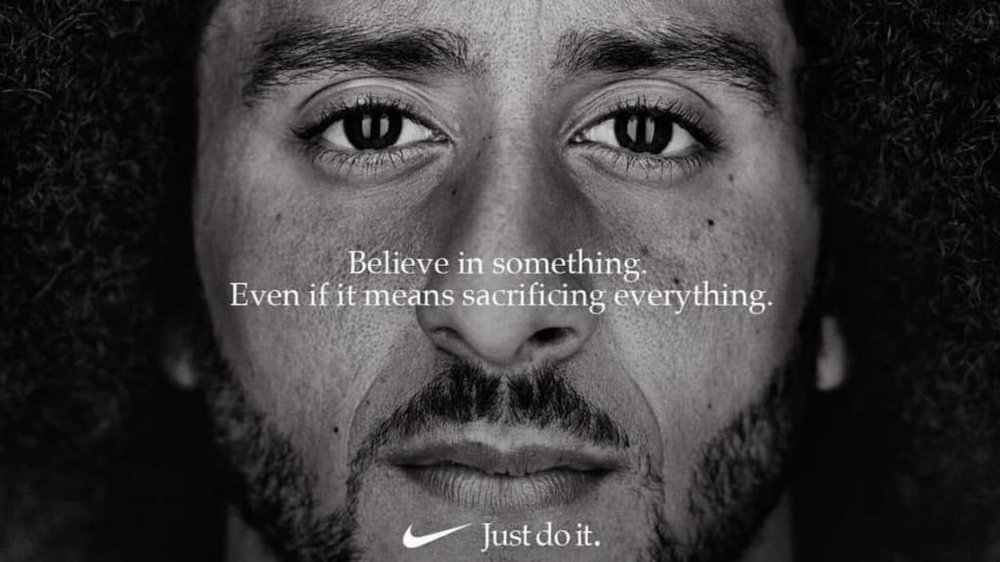
Equally, Black Twitter can, and has, contributed to failures for brands. Papa John’s share values took a sharp decline after founder John Schnatter criticised the NFL leadership over Kaepernick, leading to his departure as CEO. Starbucks took a hit when #BoycottStarbucks started trending in the spring of 2018 due to staff baselessly calling the police on two Black men in a Philadelphia franchise, leading to their arrest.
Finally, advertisers have to realise that Black Twitter is redefining creativity in the internet age. The reason content from Black Twitter is so popular is that it’s witty, it’s engaging, and it acknowledges a common truth. This, at its core, is copywriting.
Black Twitter is already doing the jobs of advertisers, and they’re doing it better, yet they’re not being hired. According to IPA, in 2018, 13.8% of UK ad agency employees identified as BAME, most of whom were in junior positions.
Advertisers talk about wanting to create exciting, viral content, and yet aren’t recruiting from a pool of creative talent who are already multiple steps ahead of the majority of the industry. If you’re not paying attention to Black Twitter, you’re not accessing the best creatives, you can’t understand the culture of social, and essentially, you’re playing yourselves out of the game.
Markus initially presented the content of this blog as a talk at the Contagious Summer Bootcamp event.
Want more of the same? /
We don’t just write about best-in-class campaigns, interviews and trends. Our Members also receive access to briefings, online training, webinars, live events and much more.
